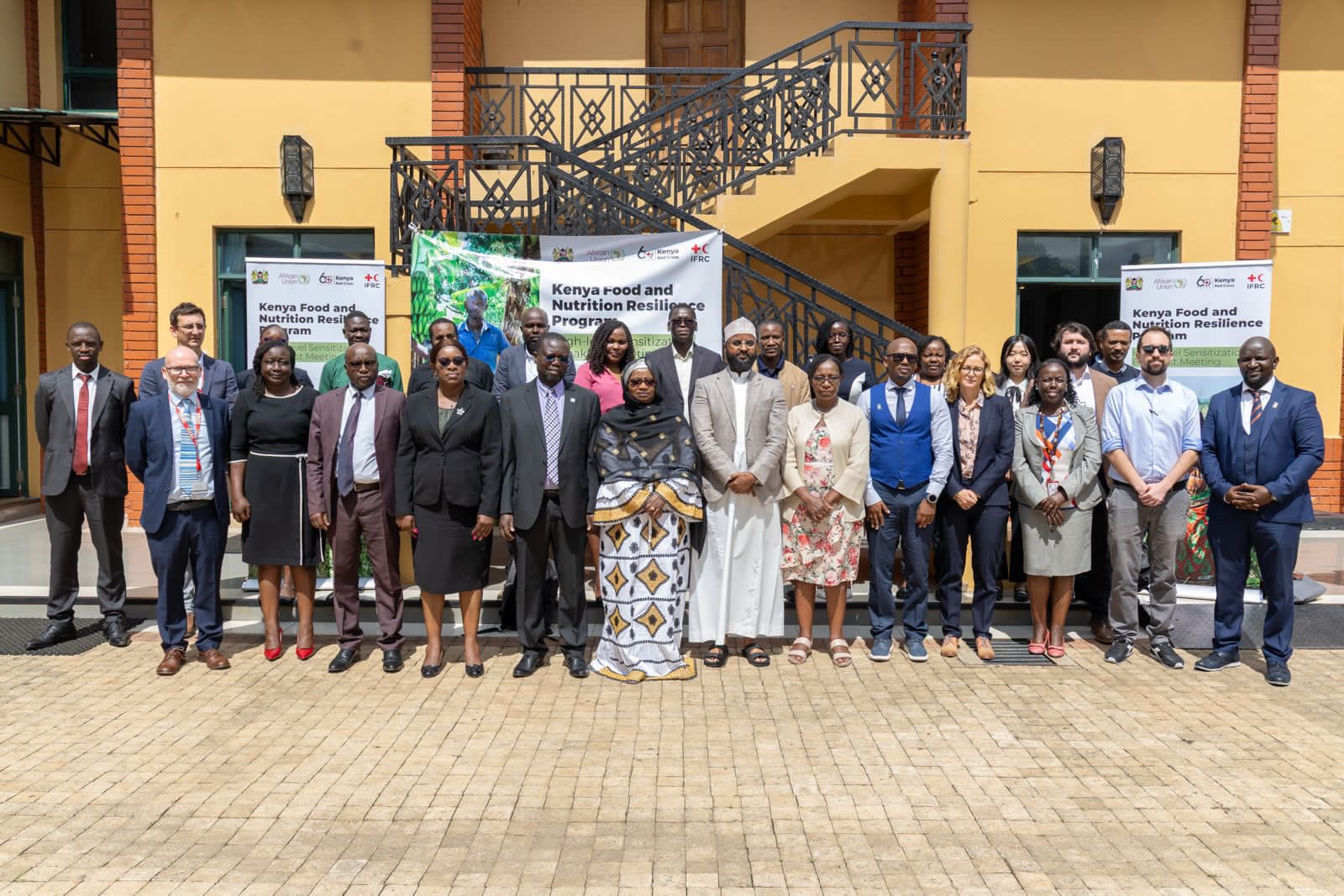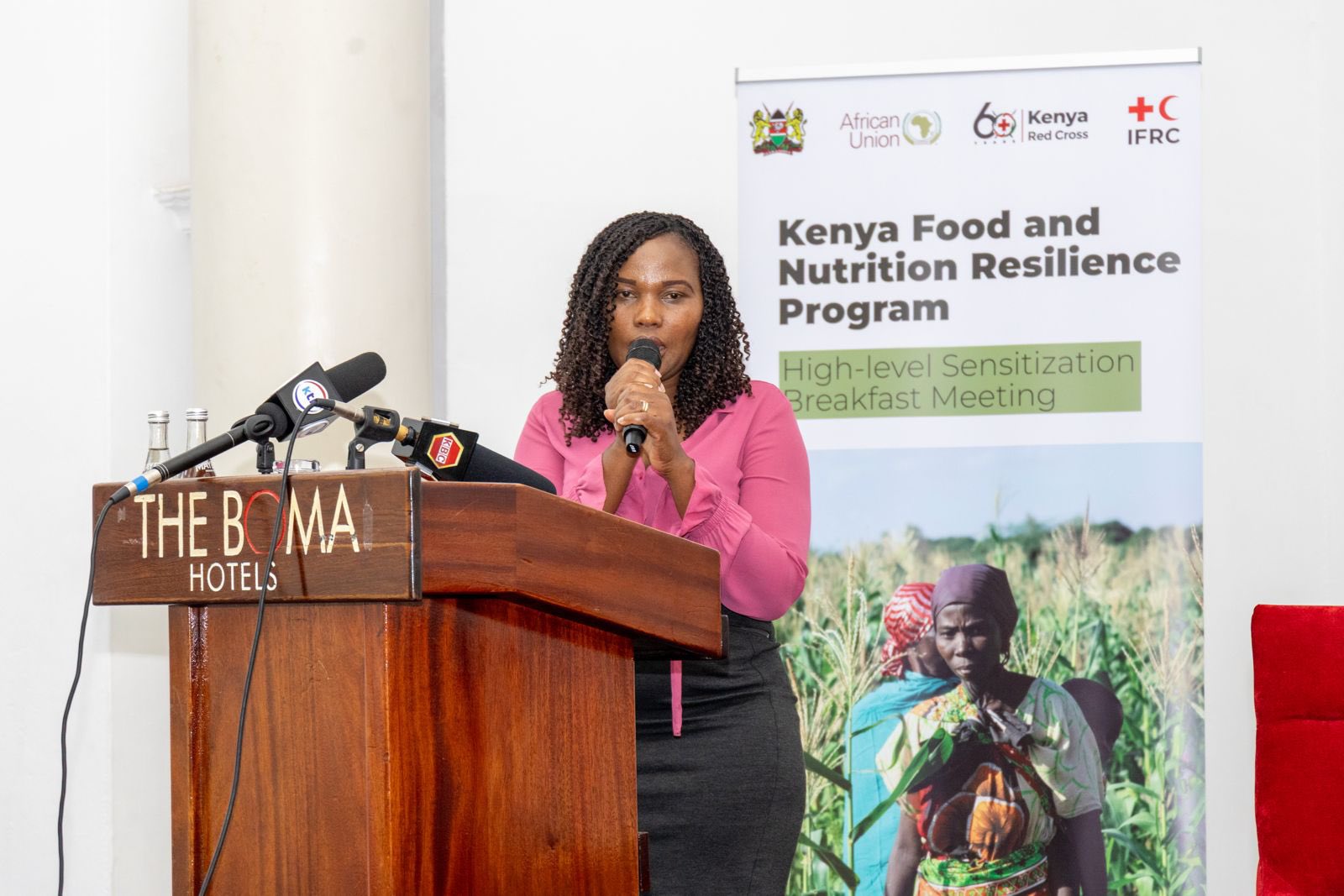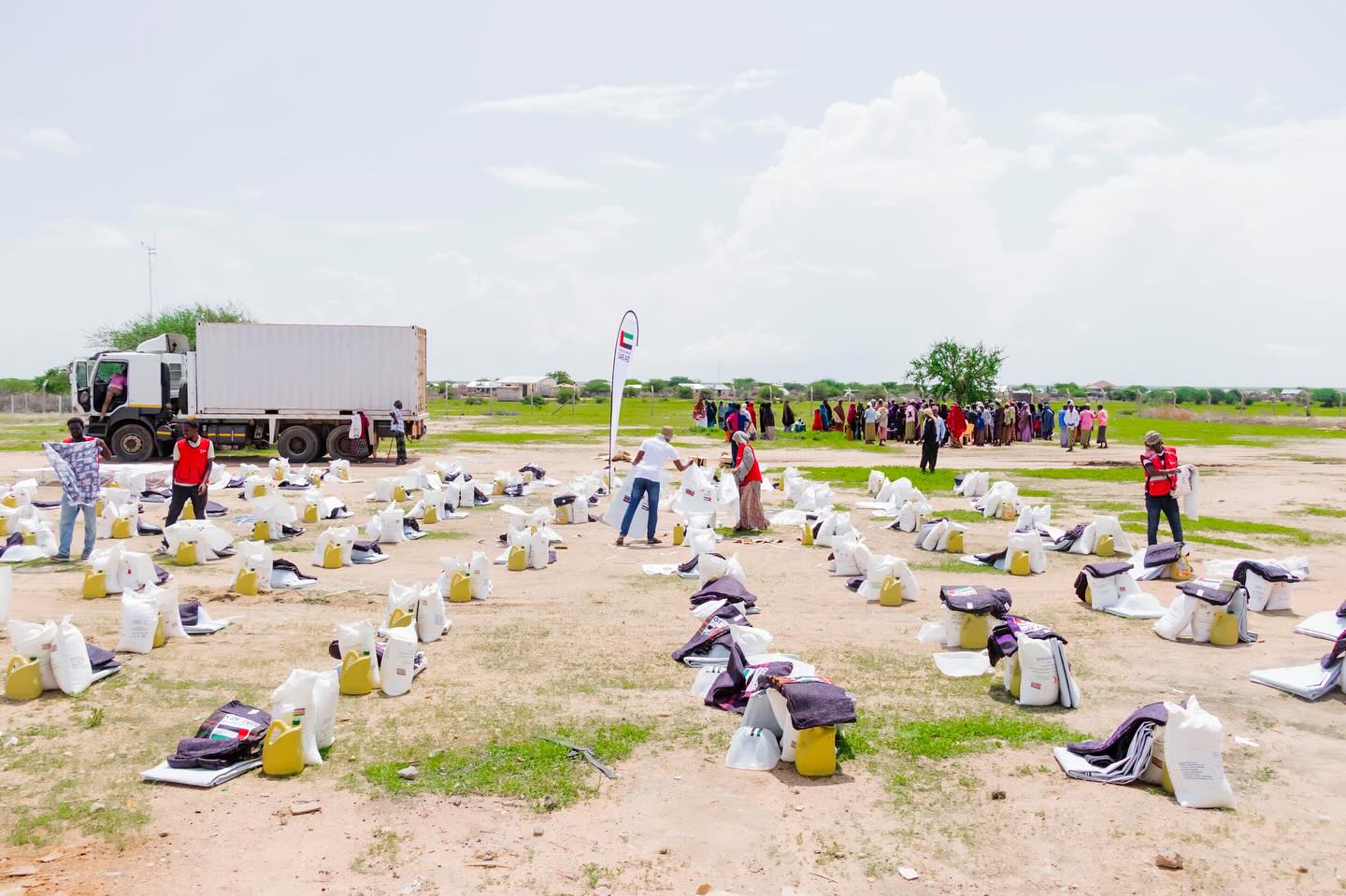The International Federation of Red Cross and Red Crescent Societies (IFRC) has launched its Africa Zero Hunger: United for Durable Solutions campaign, calling for a bold shift from short-term food aid to sustainable, community-driven strategies that can end hunger across the continent.
The campaign was unveiled during a virtual event moderated by award-winning journalist Victoria Rubadiri, bringing together African leaders, humanitarian organisations, and community innovators from across the region.
Africa faces a staggering hunger crisis. More than 282 million people in sub-Saharan Africa are undernourished, accounting for nearly one-third of the world’s food-insecure population. In 2024 alone, 173 million people faced acute food insecurity, with women and children bearing the greatest burden.

The crisis stems from structural vulnerabilities such as climate shocks, protracted conflicts, displacement, and weak food and social protection systems.
The IFRC says this moment offers a critical opportunity to “reset” how the world responds.
“It represents a turning point,” said Pierre Kremer, IFRC Africa Deputy Regional Director.
“It’s moving from short-term food aid to lasting, community-driven change. For Africa, it’s a rallying call to end hunger by harnessing local ingenuity, climate-smart practices, and sustainable livelihoods.”
The Zero Hunger campaign aligns with the African Union’s Agenda 2063, the Malabo Declaration, and the UN Sustainable Development Goal 2 (Zero Hunger).
Its ambition: reach 60 million vulnerable people in 15 African countries by 2030.
The campaign will channel resources into: Climate-smart agriculture & ecosystem restoration, access to finance and markets, community-led social protection systems, women and youth-led cooperatives and integrated food, health, and nutrition systems
Kenya is one of six countries where the campaign has officially launched, alongside Ethiopia, the Democratic Republic of Congo, Mali, Nigeria, and Zimbabwe.
The country continues to grapple with the impacts of climate change, which has left millions vulnerable to hunger and malnutrition.
In Kenya, the Kenya Red Cross Society, supported by IFRC, has been rolling out climate-smart agriculture projects, cash transfer programs, and early warning systems in drought-prone counties.
In March 2025, the Government of Kenya, IFRC and Kenya Red Cross Society launched a 10-year Food and Nutrition Resilience Programme in the country, targeting 5 million people in 24 counties.
“Kenya is among four countries in the Horn of Africa benefiting from this long-term initiative led by the AU and IFRC. We strive for a future where every household has reliable access to nutritious food and no one goes hungry,” Kenya Red Cross Society said on its official social media platforms.

These initiatives aim to strengthen local food systems while empowering communities to withstand shocks.
IFRC will leverage its vast network of African National Societies and over one million Red Cross and Red Crescent volunteers embedded in local communities to scale proven, locally designed solutions.
The organisation is calling on governments, donors, the private sector, civil society, media, and the African diaspora to invest in sustainable hunger solutions, emphasising that “Zero Hunger starts with us.”

